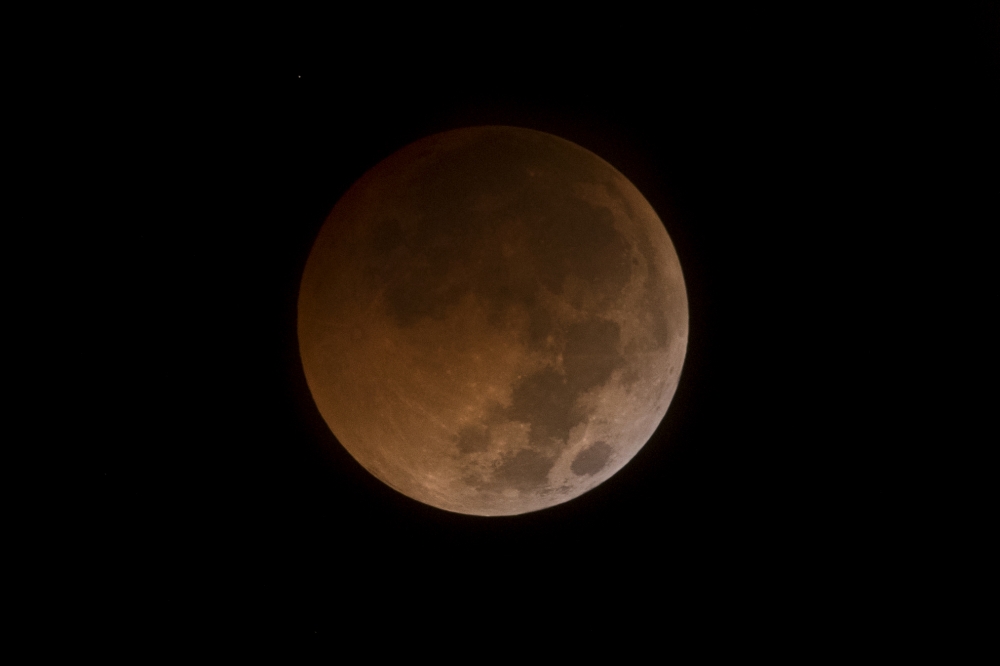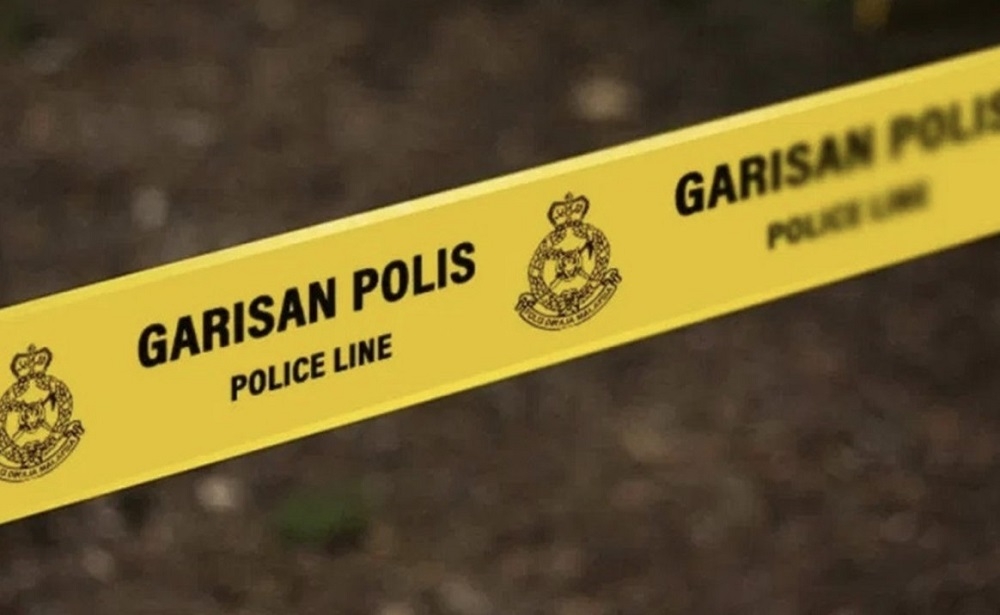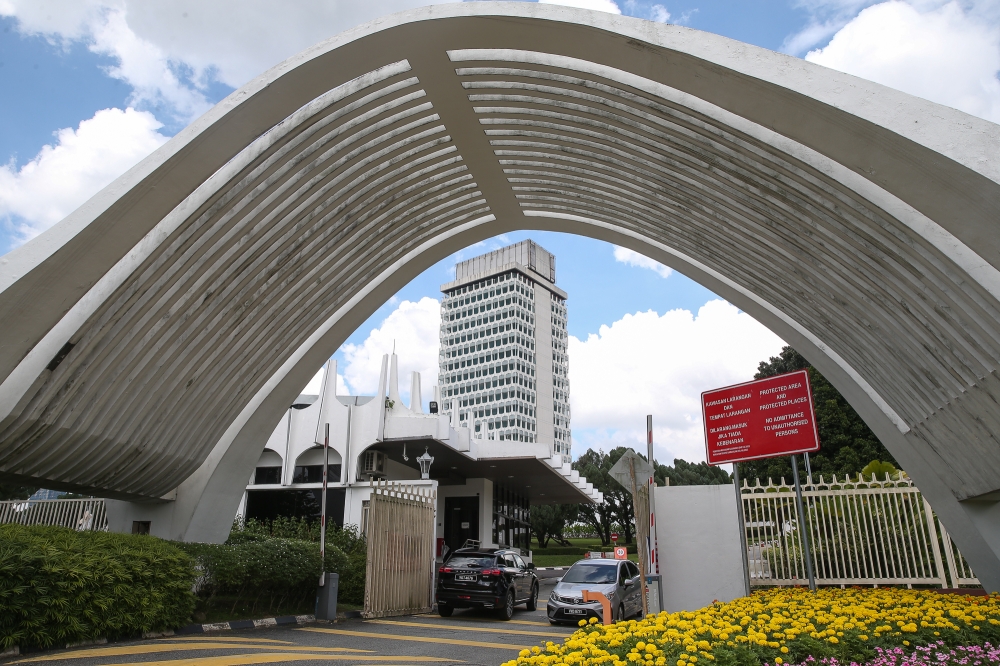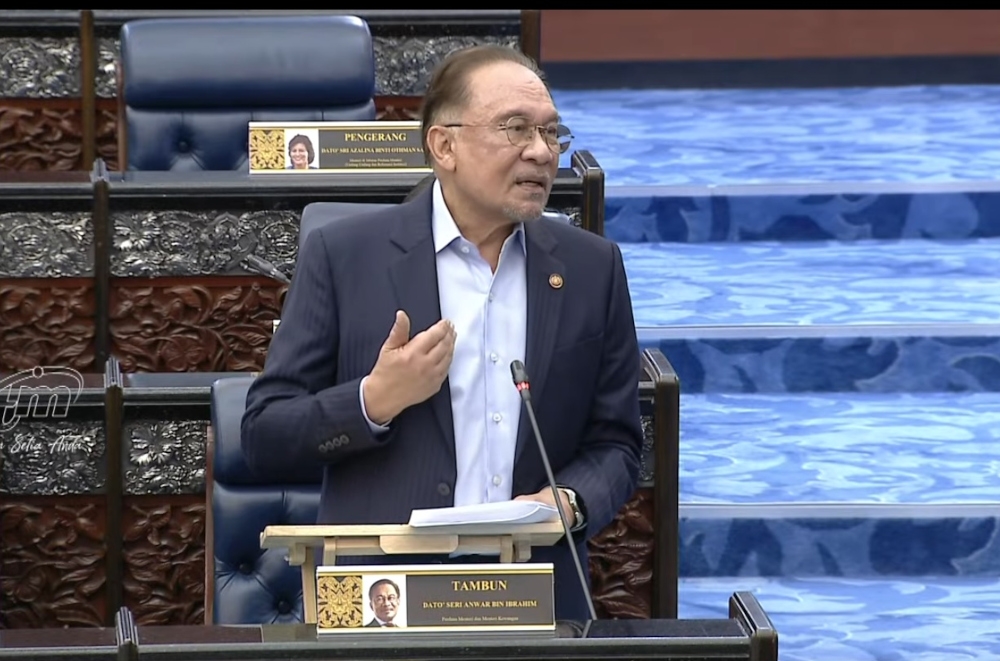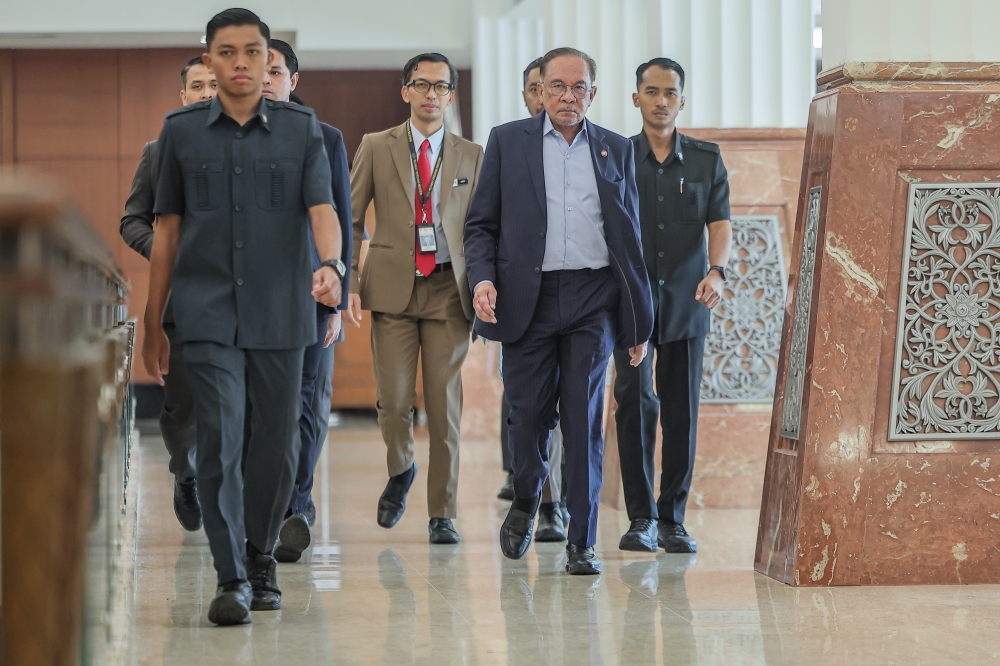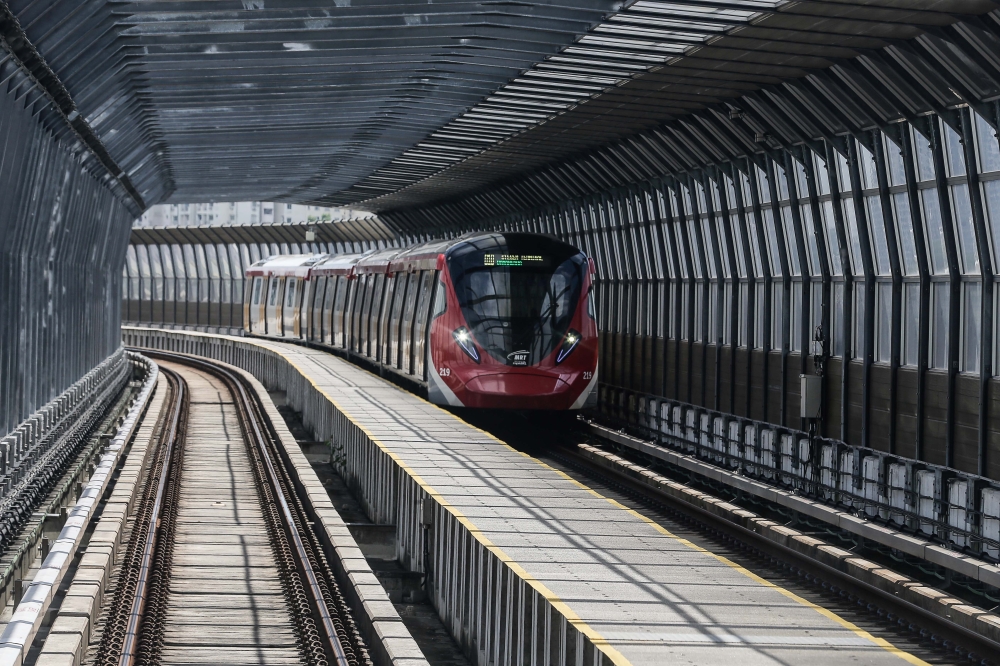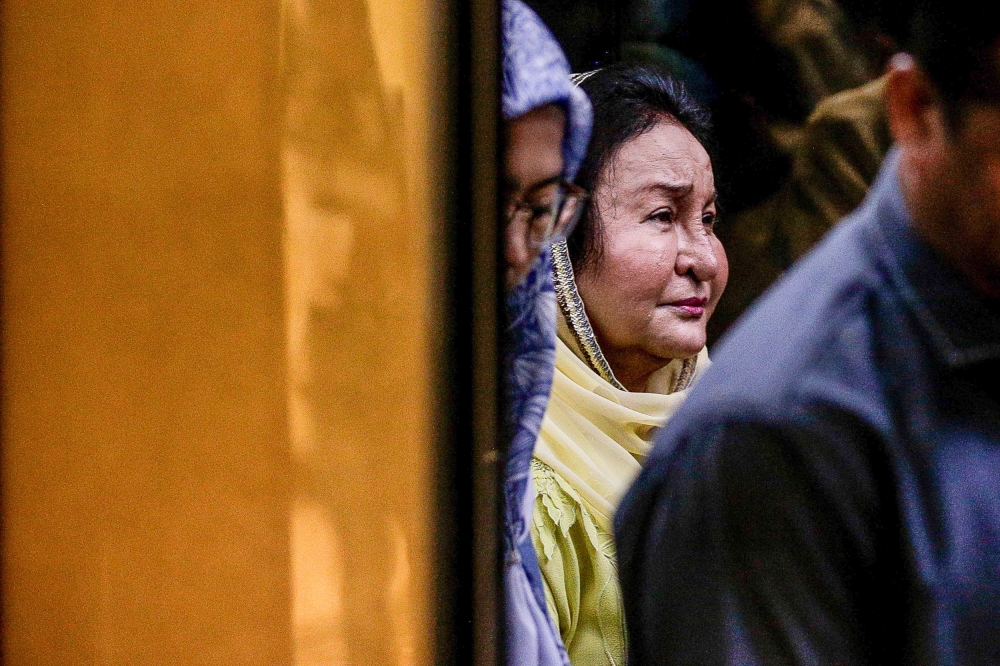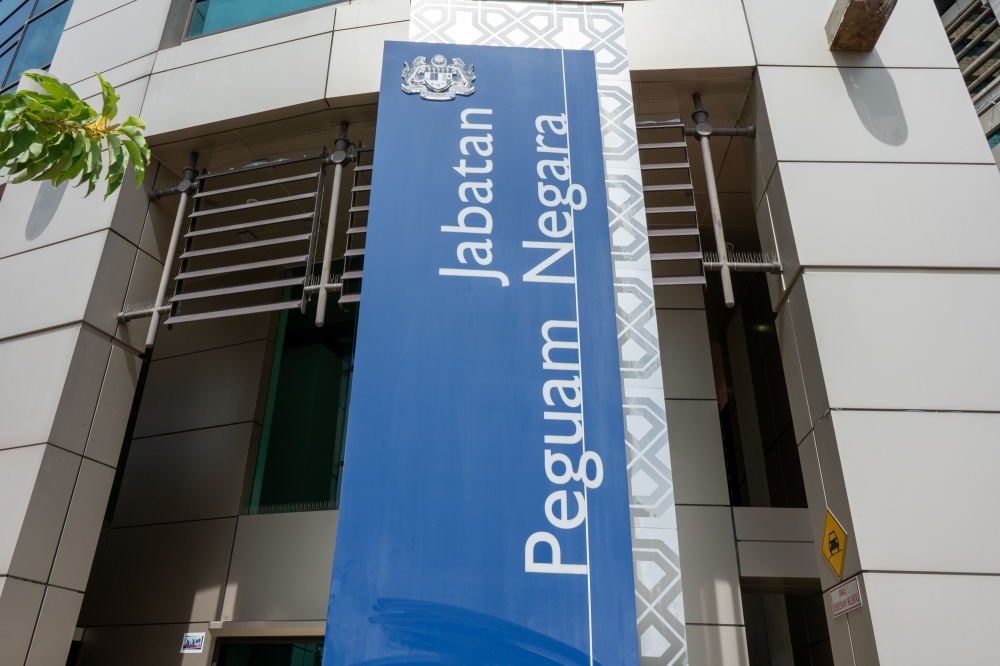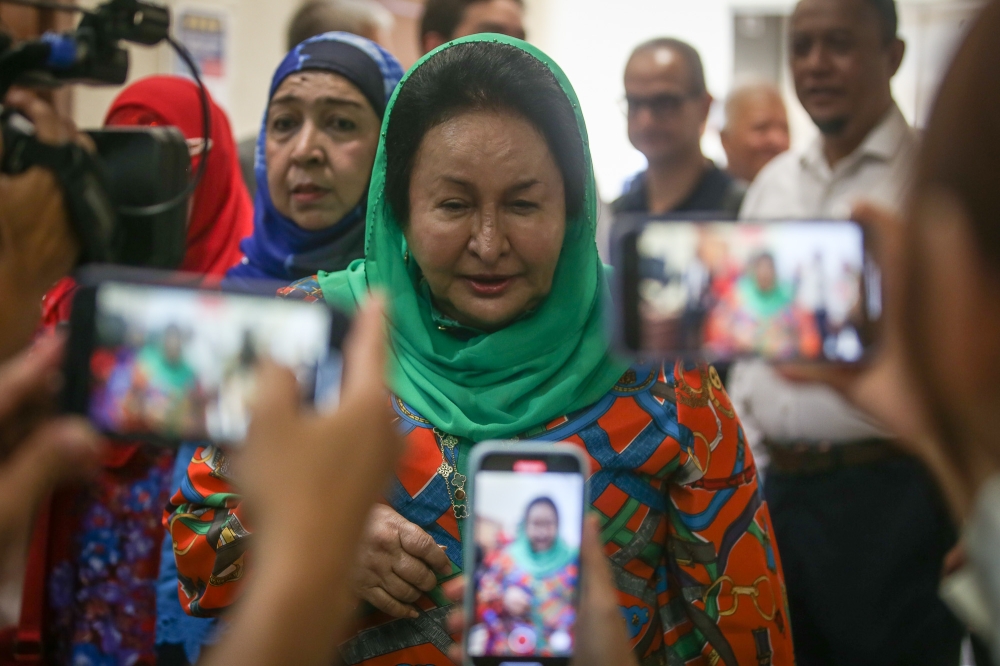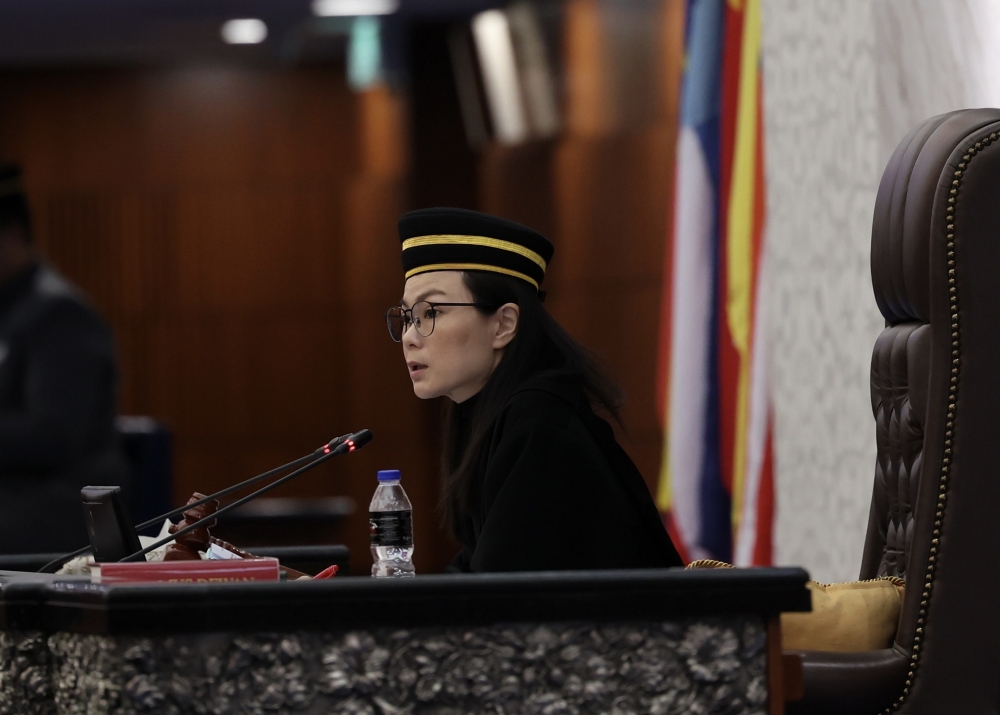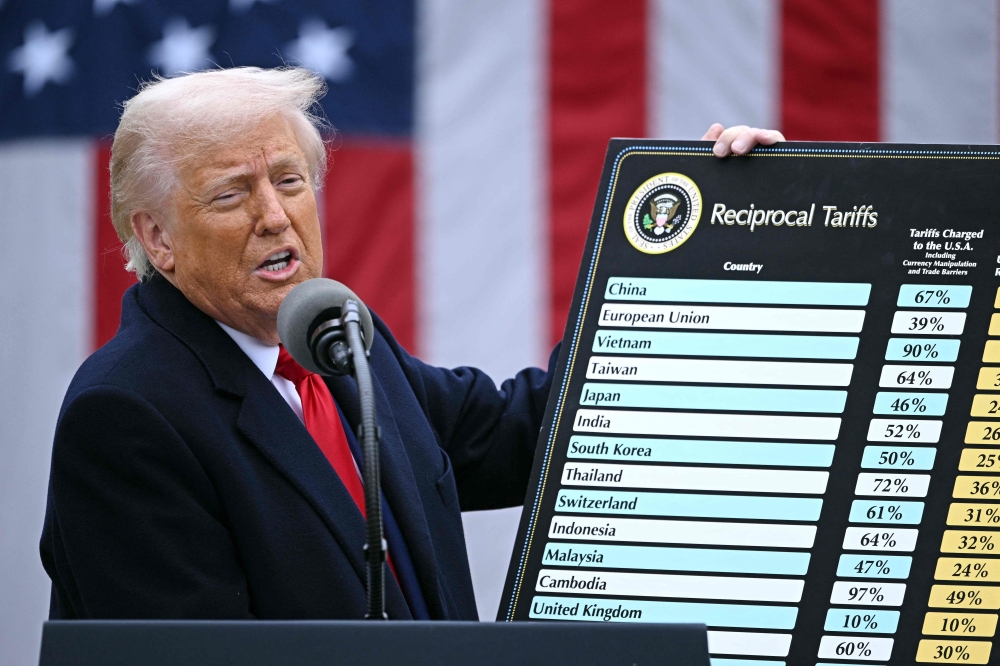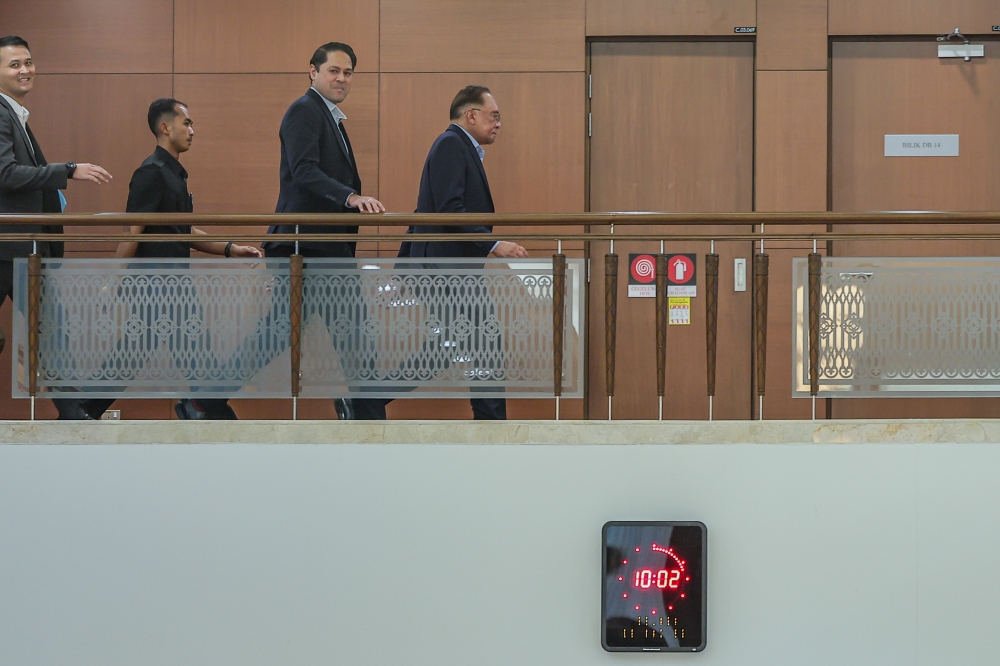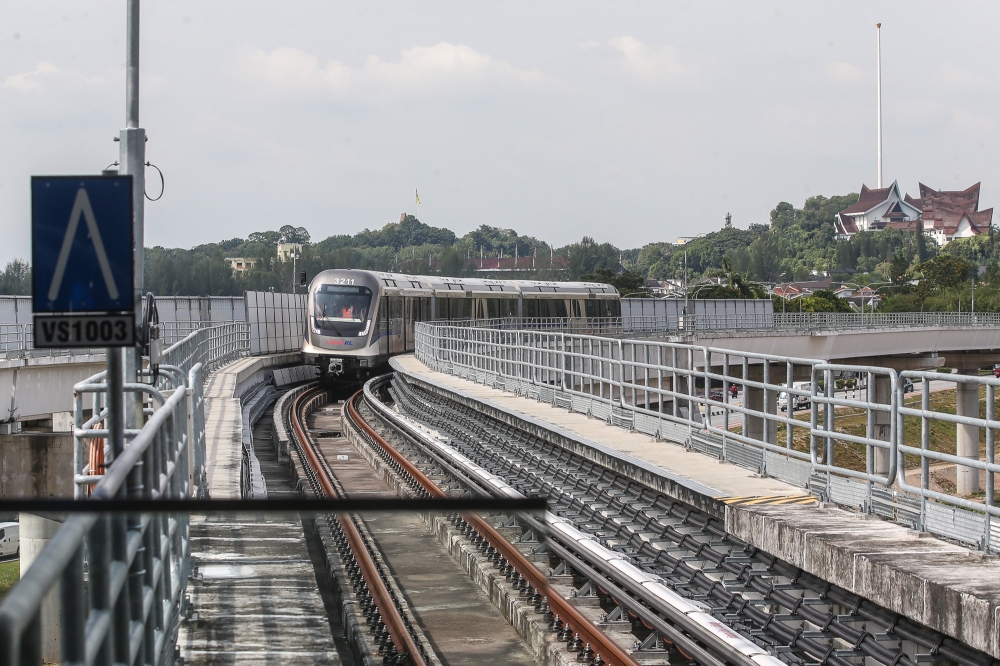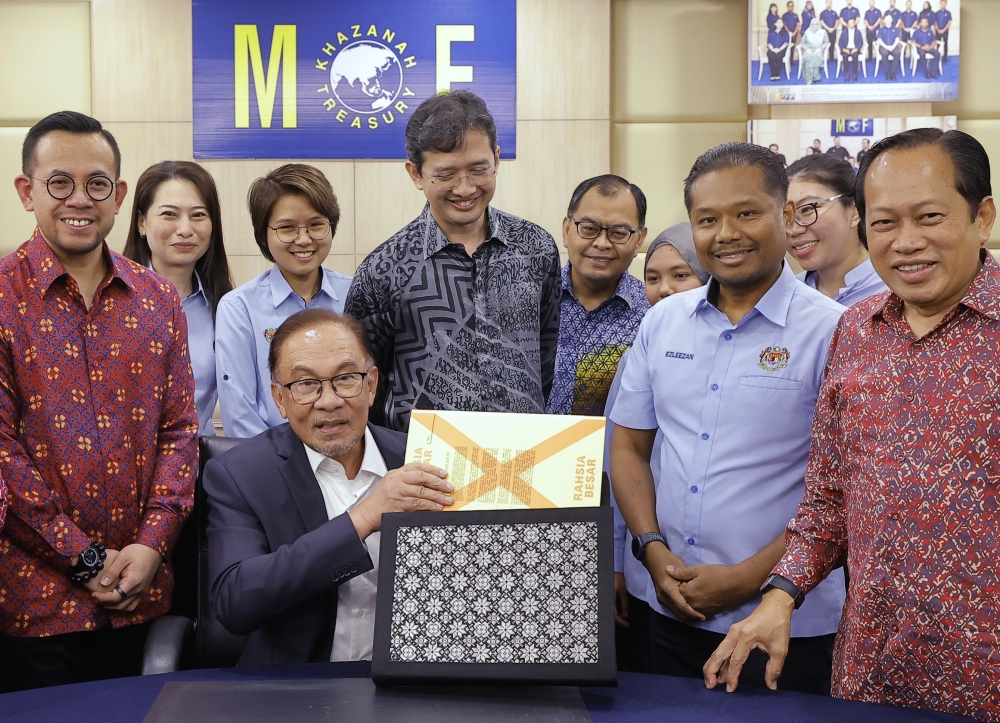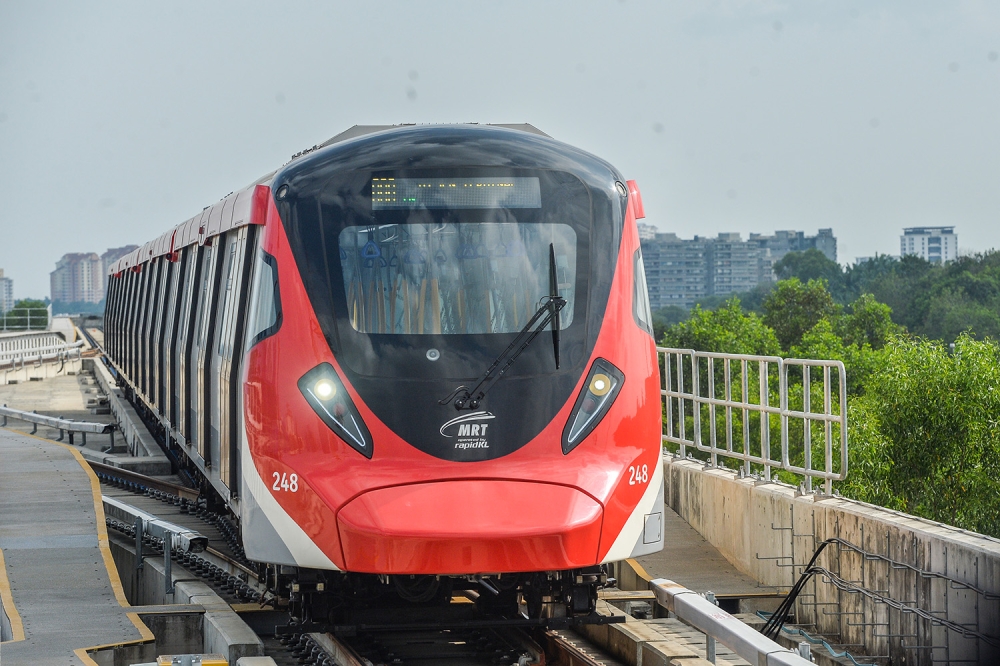KUALA LUMPUR, Feb 24 — Analysts expect Prime Minister Datuk Seri Anwar Ibrahim to table a fresh federal Budget today that would mainly aim to calm a public getting increasingly worried about inflation.
With his coalition facing local elections in six states, pundits believe Anwar who is also finance minister and Pakatan Harapan chairman would announce some measures that may be "populist", as he seeks to court support from an electorate that has yet to warm up to the thought that a self-professed reformist would work with parties that are seen as corrupt.
This may entail either besting the Budget 2023 tabled by his predecessor Datuk Seri Ismail Sabri Yaakob or at least include many of its popular proposals. The Ismail Sabri government dissolved Parliament last year, paving the way for GE15 immediately after tabling what many Malaysians felt to be a decent budget with several good measures.
Malay Mail looks at some of the key propositions of that budget as reference against the one that Anwar is set to table this evening:
Growth and revenue forecasts
The Ismail Sabri government Budget was based on a growth projection of between 4 to 5 per cent. It was aiming to cut the budget deficit to 5.5 per cent of gross domestic product (GDP) in 2023 from 5.8 per cent in 2022 while expectations that revenue would drop 4.4 per cent to RM272.57 billion in 2023 compared to 22.0 per cent (RM285.22 billion) in 2022.
Opex and Devex
Total allocation was RM372.3 billion with RM272.3 billion for operating expenditure and RM95 billion earmarked for development. It would have been the highest development expenditure to date.
Of that, RM5 billion was to be allocated for the Covid-19 fund and RM2 billion for contingency savings. The Ismail Sabri government Budget would have spent RM6.3 billion for Sabah's development and RM5.4 billion for Sarawak.
Biggest recipients
The Ministry of Finance would have been the biggest recipient of that Budget with an allocation of RM67.2 billion. The Ministry of Education was next with an allocation of RM55.6 billion. The third biggest recipient would have been the Ministry of Health, at RM36.1 billion.
The three ministries constituted 43.3 per cent of the total Budget expenditure.
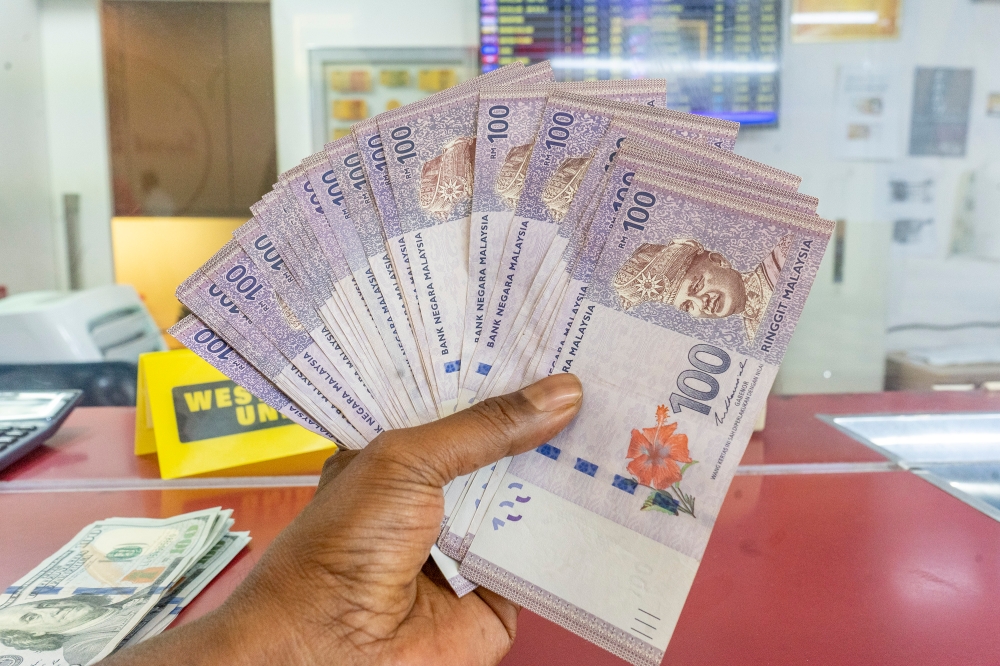
Subsidies/Aid/Tax
Total subsidies earmarked for 2023 would have been RM55 billion, more than the RM31 billion spent in 2022. Projection was based on hopes that crude oil price would decrease to about US$90 (RM421) per barrel for the year.
The Ismail Sabri government Budget would have also raised cash aids for the B40 group to around RM10 billion — RM2,500 for Bantuan Keluarga Malaysia — the highest one-off assistance for households with five children or more, with income of less than RM2,500 per month.
Bantuan Keluarga Malaysia (BKM) was also to be improved with an allocation of RM7.8 billion. The Ismail Sabri administration said it would benefit 8.7 million recipients.
Most of the subsidies would have gone into petrol despite the repeated public statements by top ministers that helping top up fuel spending for 30 million over cars was no longer tenable.
The rest would have gone to subsidising basic goods and services, like RM40 for monthly power bills for households with income of RM1,169 and below, compared to the present RM980 and below.
The Ismail Sabri government Budget also earmarked up to RM1.3 billion to assist low-waged civil servants and pensioners. RM700 would have been given as "special financial assistance" to 1.3 million civil servants grade 56 and below and RM350 to a million govt pensioners next year.
Notable programmes
Some of the more notable programmes under Ismail Sabri government's Budget reflected a deeper focus on improving and beefing up healthcare infrastructures and schools. On the market side, programmes were catered to supporting small and micro businesses.
RM1.8 billion would have been allocated for building of new hospitals, clinics and facilities, as well as for procurement of medical equipment. RM4.9 billion was earmarked to expand capacity of public health services, a 12 per cent increase in spending from 2022.
Climate mitigation was also a key feature with up to RM15 billion allocation for Flood Mitigation Plan till 2030. The Ismail Sabri government said the huge spending was part of a long-term strategy to "adapt" to climate change and curtail some of its effects.
For SMEs, the budget carved out more credit in the form of easy loans. Bank Negara Malaysia would have allocated RM10 billion to help SMEs automate, digitalised, and for tourism and agriculture while RM1.7 billion would have been made available to small businesses looking to grow.
'Completely new budget'
Anwar told reporters in January that the new Budget would "not be tied to the budget presented by the previous government" although revenue and growth projections of which the new federal spending plan will be based on won't change much.
He hinted that priority will be given to small businesses in high-impact sectors such as technology, agriculture and renewable energy. He suggested these sectors have export capabilities.
"This is a completely new Budget, its core, its policies and its modifications, even though the revenue figures may not change much,” he told reporters after holding a Budget 2023 dialogue.

